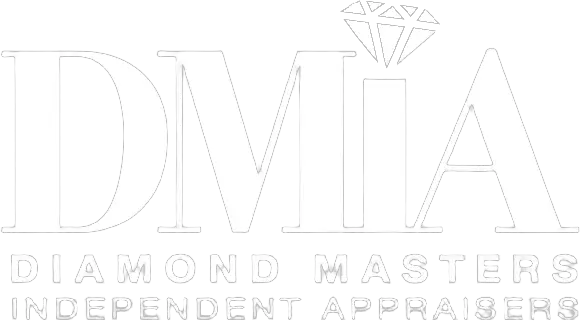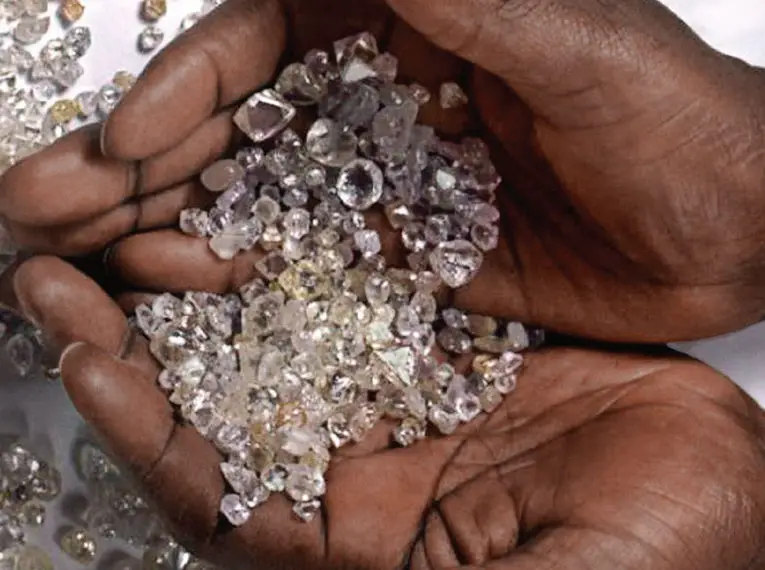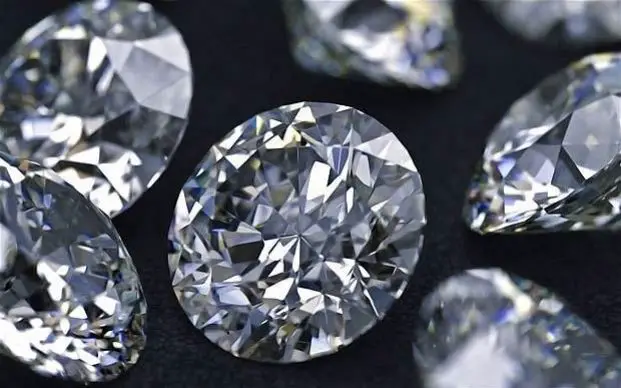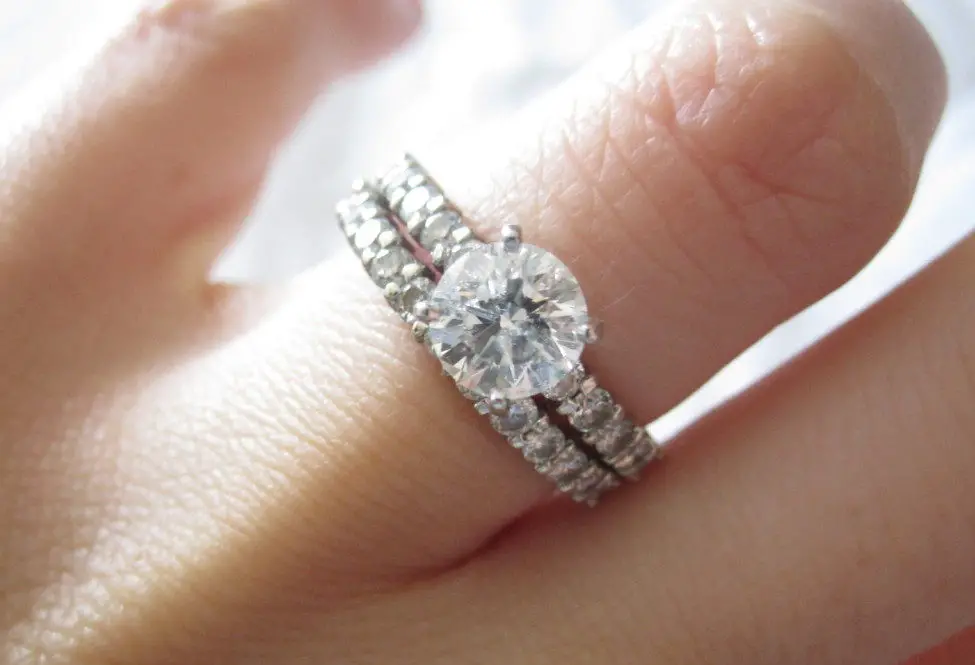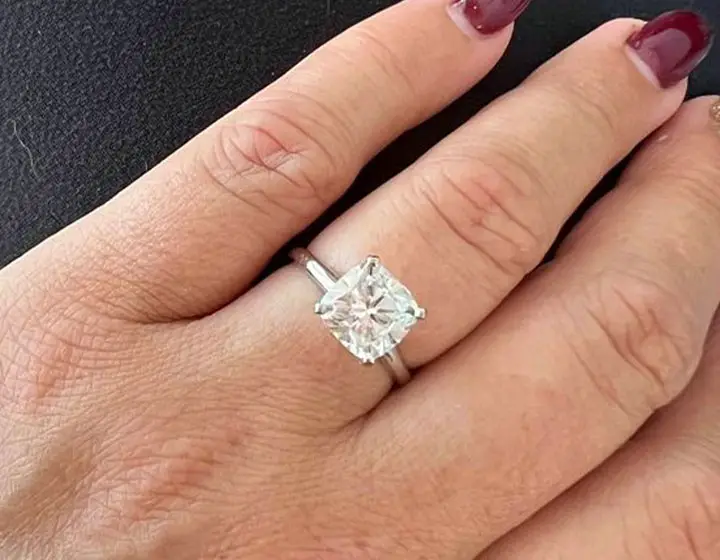What Diamonds are Not Blood Diamonds?
It is likely you’ve heard of “blood diamonds” or “conflict” diamonds, as these are sometimes referred to. Blood diamonds are stones that are mined, usually by slave labor, in war-torn countries. The diamonds are illegally traded to fund the cost of the war for insurgents who oppose internationally recognized governments. This illegal trade is not only bad for the workers who mine the diamonds but allows the conflicts to continue, rather than creating a peaceful situation in the region.
Blood Diamond Meaning
So what is a blood diamond? Blood diamonds are diamond mined by slave labor. The diamonds are then sold illegally to fund wars and terrorism.
When you’re shopping for diamond jewelry, you obviously want to avoid buying these diamonds, but how do you know what diamonds are not blood diamonds?
Where Are Blood Diamonds Mined?
Most blood diamonds come from central and West Africa. In recent years, the countries of Sierra Leone and Zimbabwe have been home to much of the conflict diamond traffic. To avoid purchasing conflict diamonds, it is important to avoid buying diamonds mined in this region.
How Can I Be Sure My Diamonds are Not Blood Diamonds?
Your best source of assurance that you are not buying a blood diamond comes in choosing the right jeweler. Many jewelers are committed to ensuring that all their diamonds are ethically sourced.
As a consumer, it is important to limit your shopping to those companies that are willing to certify that their diamonds are non-conflict.
Looking for these three things in a jeweler can help you to ensure they know what diamonds are not blood diamonds:
- The jeweler can track the path of their diamonds from the mine to the store. Many jewelers that specialize in purchasing loose diamonds track their sources very closely.
- The jeweler uses Canadian diamonds. Canada has the only reliable verification system. Diamonds sourced using CanadaMark and the Canadian Diamond Code of Conduct are guaranteed ethically sourced.
- The jeweler offers a guarantee in writing. Even when diamonds are not sourced using the Canadian verification system, some jewelers are so confident in their sourcing methods that they are willing to offer a certificate, in writing, that their diamonds are ethical. This certification, of course, is only as reliable as the jeweler itself.
Beware of the Kimberly Process
The Kimberly Process is an international verification process created to help ensure that diamonds being exported out of war-torn countries were ethically produced. Many jewelers began to rely on this process, but it has proven to be ineffective. The process has been rampant with fraud, and cannot be relied on to ensure a conflict-free diamond.
There are many things to consider when purchasing a piece of diamond jewelry, and ensuring that you are not buying a blood diamond is one of the important steps you should take during your shopping process.
It is estimated that blood diamonds make up only about four percent of the world’s overall diamond trade, so, with some care, you should be able to ensure your diamond is an ethically produced one.
Choose your jeweler with care, and you can have confidence in the diamond you purchase.
